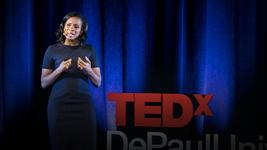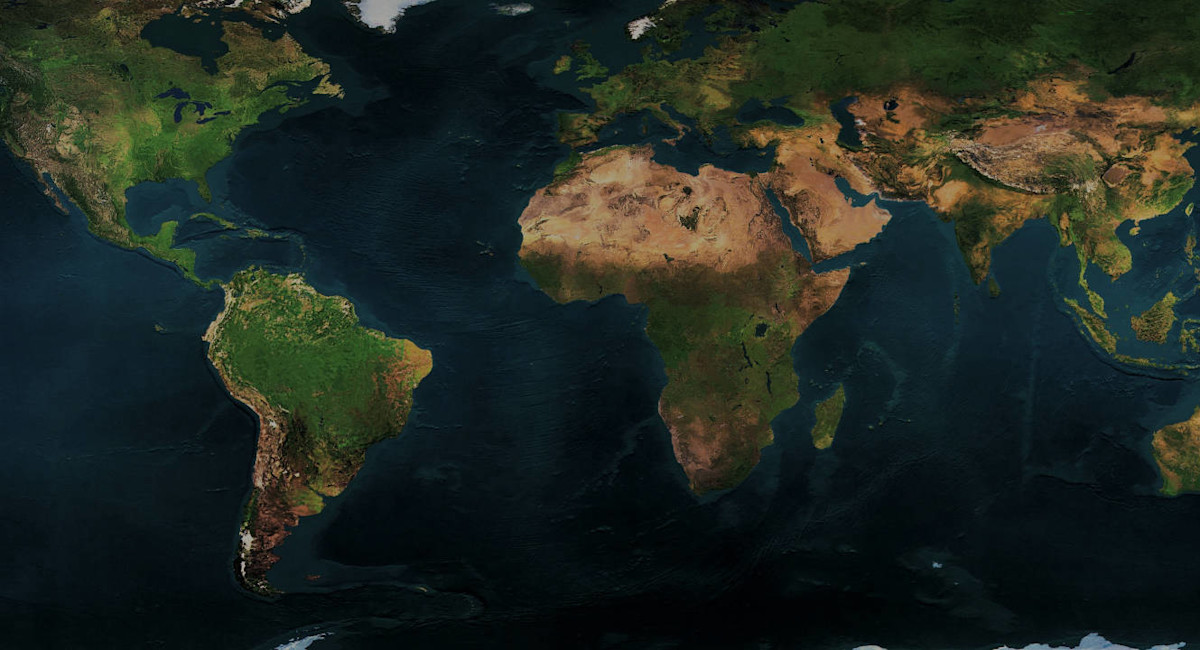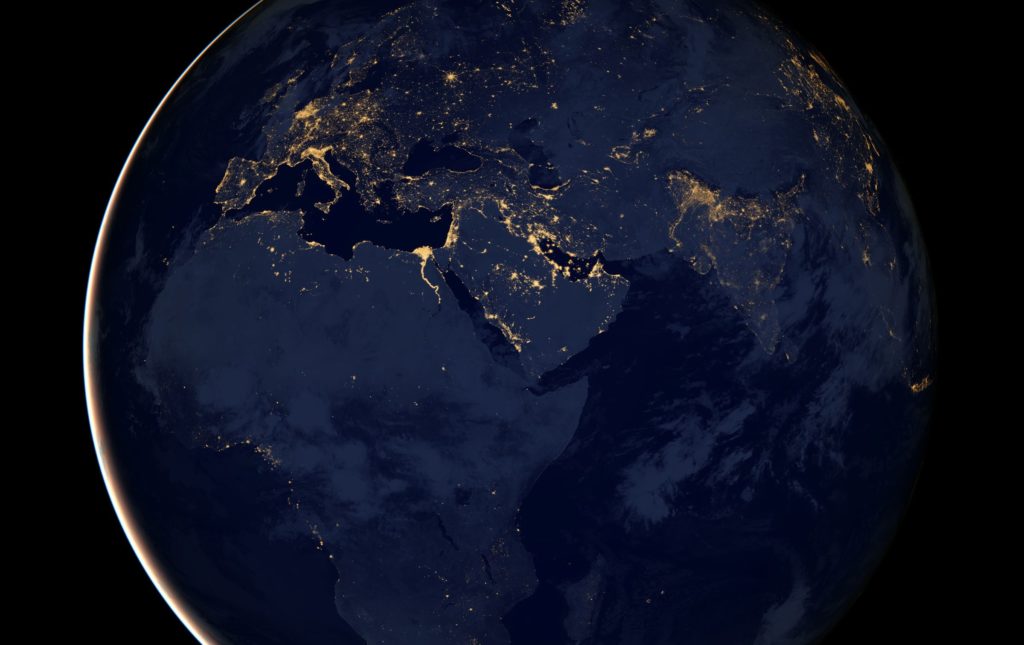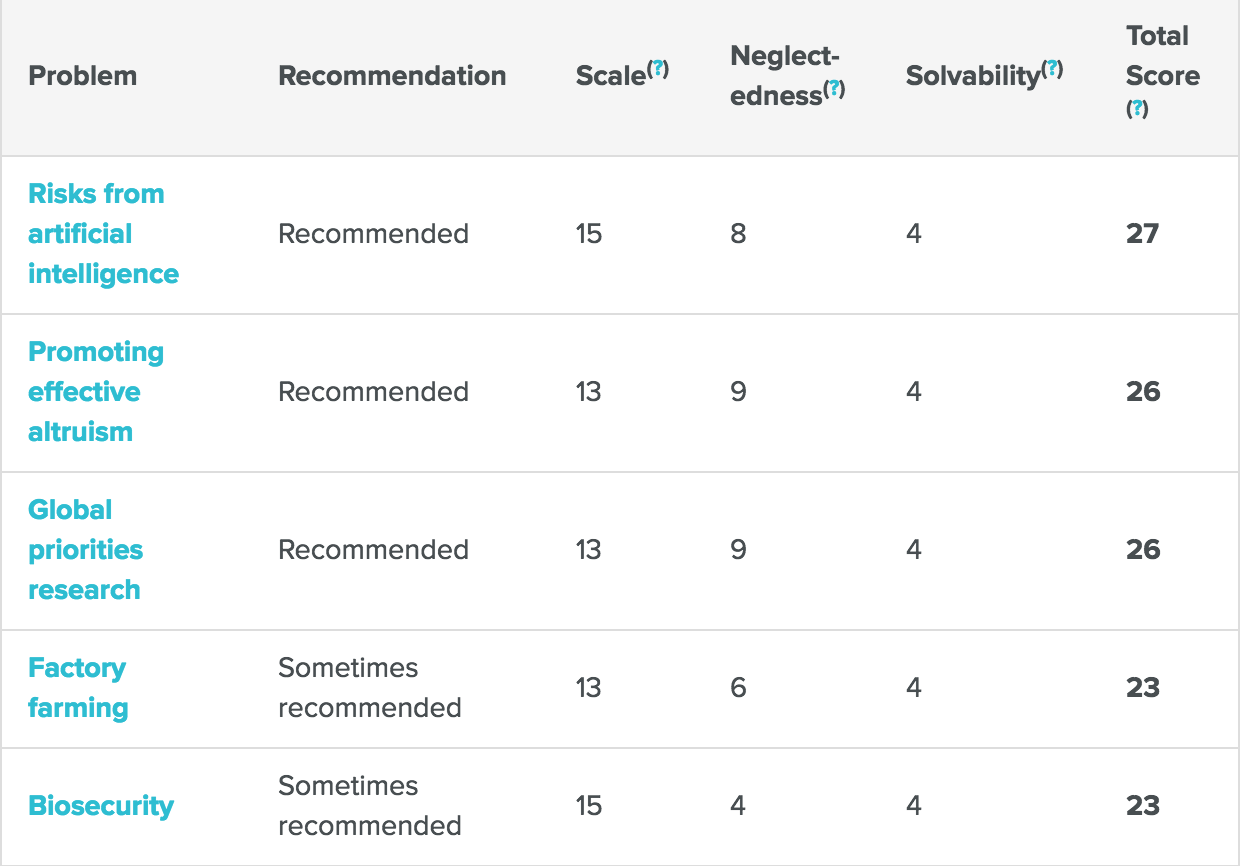#controversy
Wed, Jun 12, 2019, 2:35 PM
@Jesse Fusselman has joined the channel
Wed, Jun 12, 2019, 2:35 PM
@Jesse Fusselman set the channel purpose: To have discussions about topics that generally have a lot of disagreement or passion
Wed, Jun 12, 2019, 2:35 PM
@Erik A Lopez, IT Professional has joined the channel
Wed, Jun 12, 2019, 2:35 PM
@David Hartsough has joined the channel
Wed, Jun 12, 2019, 2:35 PM
@Bethany Hull has joined the channel
Jesse Fusselman
Wed, Jun 12, 2019, 2:36 PM
I have had good conversations with all of you about things that could be considered controversial so I have created this channel as a space where those discussions can continue. Specifically I am struggling with the concept of Allyship. http://www.guidetoallyship.com/
Guide to Allyship is an open-source guide for anyone who is interested in becoming an ally.
Jesse Fusselman
Wed, Jun 12, 2019, 2:37 PM
There is a huge push right now to garner support for marginalized groups and ways to help them along with understanding privilege and unconscious bias in our lives.
Jesse Fusselman
Wed, Jun 12, 2019, 2:39 PM
I am struggling to develop my own thoughts on these matters. I can recognize that I havent had to struggle against any race or gender issues growing up and I can see how that can really impact people. That being said it seems difficult to help those that have because I don't truly understand what they have experienced. Because I don't know their experiences it's impossible to know they are going through anything unless they first open up about it but that can be difficult since those are difficult conversations to have. I am open to any thoughts on this matter.
Wed, Jun 12, 2019, 2:40 PM
@J'Danni Petersen has joined the channel
David Hartsough
Wed, Jun 12, 2019, 3:00 PM
I've been struggling with the moments in life that I encounter when I am filled with a deep shame and guilt about my ignorance on a particularly significant matter of ethics. The first time I experienced it was during a college class research project where I studied North Korea. Since then I've experienced that with tons of other topics (such as modern slavery, employee exploitation like Foxconn, factory farming, cultural gender shaming, etc etc). It drives me to learn and better understand so that I can truly empathize and navigate the controversies with my own ideas and reasoning. I love that, even as time consuming as it is. It also leaves me feeling like our society probably should have an obligation to teach and inform people of these matters in an educational way. I am not trying to blame our educational system for my own ignorances of controversial topics, but I do know I'm not the only one dumbfounded by how little I know, ashamed of it, and wishing I had been introduced to the matters much earlier in life. And to your specific thoughts Jesse, I think your understanding is also in your own hands. It is possible to know what others have experienced by hearing their stories. And perhaps you won't have personal encounters of people opening up, but I can almost guarantee that somewhere online someone has opened up about the matter of controversy and has shared a story. Maybe start there -- start by researching online. Maybe dive into the Wikipedia overview first, then look for articles or blogs or videos, etc.
Jesse Fusselman
Fri, Jun 14, 2019, 8:07 AM
Thank you! That was super well said. The more information the better but I think the thing that had thrown me off is there almost seems to be gatekeeping in place to helping others these days. I think it is important to just make sure you are open to trying to understand what everyone around you is going through and empathetic to them so you can notice if there ever is anything you can do to help. In its most basic level its just about being a nice person and trying to help other where you can while truly listening to them to see what they actually need.
7 replies
David Hartsough
Fri, Jun 14, 2019, 11:14 AM
Agreed! In the end it's humans helping humans. Human.Kind.
David Hartsough
Fri, Jun 14, 2019, 11:14 AM
But I'm curious what you mean by: > "the thing that had thrown me off is there almost seems to be gatekeeping in place to helping others these days."
David Hartsough
Fri, Jun 14, 2019, 11:14 AM
What kinds of barriers do you encounter?
Jesse Fusselman
Fri, Jun 14, 2019, 12:06 PM
In conversations with resource groups there is only encouragement. But with articles I have read the focus seems a lot less on recognizing how you can help and instead assumes you are part of the problem because of your privilege. The way they are written it makes me constantly react in a "I don't do that" type of fashion so that I wind up feeling defensive while reading articles and out of place instead of eager to do what I can to make a difference. I have to re-read the articles to try to sift out the good takeaways from them.
David Hartsough
Sat, Jun 15, 2019, 11:58 AM
Ah, okay. I see what you're saying. Another difficulty with articles is that it's only the written word, so it's harder to empathize and understand through that medium then, say, compared to video. You can't tell tone of voice, facial expression, gesture, etc. I guess that's why you're seeking conversations, and I'd agree that that is the best form of communication for these situations. Face to face conversation is the best form of communication for building understanding. And that also makes sense why you feel you can only do so much to ask for conversation, when it's up to those in your life to decide to open up to you. Vulnerability is super difficult for most people, so it's a rare gem in life.
David Hartsough
Sat, Jun 15, 2019, 11:59 AM
Anyways, you mention searching for takeaways. What kind of takeaways are most beneficial in terms of building your understanding and finding applicable advice?
Sat, Jun 15, 2019, 12:02 PM
I suppose I've arrived at a little conclusion to explore... When approaching these difficult discussions around ethical issues, it's most useful to seek out those two objectives: 1) Seek to understand. 2) Seek to change yourself and your behavior, applying the wisdom of your understanding. Right?
Bethany Hull
Sat, Jun 15, 2019, 1:34 PM
Wow, there's a lot going on here. I've been following this for a couple days trying to figure out what to say.... First, can I suggest Dr. Robin DiAngelo's book on White Fragility? She discusses a lot of the same concepts you seem to be addressing. She does a reading here: https://youtu.be/45ey4jgoxeU
Bethany Hull
Sat, Jun 15, 2019, 1:43 PM
Also, to speak to Jesse's first point I don't think it's necessary for vulnerable populations to open up about their struggles to help them. In fact in the ally groups I've been a part of, asking vulnerable people to recount their struggles is seen as bad ally behavior. Resources abound and asking someone to relive their personal trauma to educate you or motivate you is seen as unloading your personal responsibility onto a victim.
1 reply
Bethany Hull
Sat, Jun 15, 2019, 1:51 PM
Example: During the #metoo explosion I and a lot of the women I know, were asked to recount our "me too" moments to male allies. It was very frustrating to have people expect that I reveal personal, emotionally charged information about myself so that a guy would become a "feminist ally". Especially when we have a president accused by over 20 women of sexual assault, multiple supreme court justices accused, but still sworn-in, and a quick internet search for stats says that 1 in 4 women are assaulted in their lifetime. It's generally pretty clear what the problems are if your looking for them.
Bethany Hull
Sat, Jun 15, 2019, 1:56 PM
I also think that feeling bad about your lack of knowledge is a normal and often necessary part of ally ship. I've spent a long time feeling angry, sad, and shamed for being called out for my lack of intersectionality in feminist groups or my straight assumptions in LGBTQA+ support groups. And it's super shitty. I always try to remember that I am not a bad person, I was raised in a rigged system and I still don't realize it most of the time. But the best part of ally ship is learning, and listening and having your view of the world shift.
4 replies
Jesse Fusselman
Mon, Jun 17, 2019, 8:24 AM
Yes! Agreed. This is some of it, I feel like I recognize I have not been seeing the whole picture and I don't like realizing that I have been overlooking and marginalizing peoples problems. I like to think I am a good person, so it sucks to find out I could be part of a problem I didn't know existed and I could very easily be making life more difficult for people. I dont want that. I want to be more aware and I want to help people. The difficulty lies in the fact that, like you said in your other comment, these are sensitive topics, you can't really discuss them openly with coworkers or friends because there can be a significant amount of emotional trauma behind it. So a lot of the time it is far too easy to overlook it. The problem here is that then there is no personal emotional connection to the problem. There is not a lot to drive the motivation to research and understand the issues and the best ways to help others. For instance, I had no idea 1 in 4 women get sexually assaulted in their lifetime. That is a terrible statistic. It's very difficult to wrap my head around that. It isn't that I don't think it could be true, but I don't know very many people that this has happened too not because my social circles don't experience this but because it is so traumatic and difficult to talk about. The difficulty this raises is then it is far too easy to associate that statistic with "other people", like Jane Doe in Arkansas, or other countries. Does that make it any less terrible, no, but it does remove the issue some. The reason this is a real problem is because there are a million things wrong with this world. Everyone has seen the starving kids in Africa commercials or the Sarah McLachlan pet abuse commercials and been horrified but few take action. There are just too many problems in this world to attempt to fix everything when everyone has their own personal issues too. So it's difficult to suddenly decide I am going to suddenly start trying to research this marginalized group so I can do better at empowering and uplifting them when don't even know if that would be impactful or not. I just wish there was a way to increase communication between everyone.
Jesse Fusselman
Mon, Jun 17, 2019, 8:26 AM
I wish there was a way for people who are hurt, or struggling, or fighting an uphill battle to better signal that and for those who aren't facing those same struggles to recognize the call for help and to provide what they can instead of brushing it off as not an issue since it isn't something they have to deal with.
Hsin Wang
Fri, Jun 21, 2019, 1:23 PM
I disagree about the necessity of feeling bad about your lack of knowledge. I think it's normal to feel bad, but if the results of our actions come from feeling bad, rather than reacting to what makes better sense to us after gaining more knowledge, then we are prone to overreactions. These overreactions cause us to be more in the interested of calling out the problem rather than taking steps to resolve it.
David Hartsough
Tue, Jul 9, 2019, 12:19 PM
By the way Jesse, when people "signal" and "call for help", this is often called whistleblowing. (Although this is mostly about fraud, here's an interesting discussion on whistleblowing: https://www.ted.com/talks/kelly_richmond_pope_how_whistle_blowers_shape_history/ )
Kelly Richmond Pope: How whistle-blowers shape history
Fraud researcher and documentary filmmaker Kelly Richmond Pope shares lessons from some of the most high-profile whistle-blowers of the past, explaining how they've shared information that has shaped society -- and why they need our trust and protection.

Fri, Jun 21, 2019, 1:11 PM
@Hsin Wang has joined the channel
Sat, Jun 22, 2019, 11:13 AM
@Patrick Dodgen has joined the channel
David Hartsough
Tue, Jul 9, 2019, 12:09 PM
After reading through Jesse and Bethany's discussion, I noticed a particularly tricky problem here that I'd love to hear everyone's thoughts on: (1) There is a need for understanding. As I see it, social issues are largely misunderstood and therefore often not given the attention needed to seek proper resolutions. Knowing that a problem clearly exist is not enough to resolve it. A problem requires deep understanding to arrive at effective resolutions. (2) Deep understanding requires vulnerable conversation. (This statement comes from witnessing countless misunderstandings leading to significant personal conflicts that have only been resolved after vulnerable discussion. If you disagree with this statement, please share your alternative perspective.) Without an appropriate understanding of the issues, people cannot change themselves and their behavior accordingly to help resolve the problem. This understanding is only possible if people listen to those who can speak of the issues. (3) People whose vulnerable stories should be listened to and understood often have emotional trauma from their experiences. To ask someone relive traumatic experiences is a misdeed, surely; it's rather insensitive. No one would want to cause those most deeply effected to re-experience their pain. ———————— There must be a better way for the conversation to be had. As Jesse said, "I wish there was a way to increase communication between everyone." Bethany suggests that "resources abound" for education and understanding. Would you mind sharing what you believe are the best resources?
David Hartsough
Tue, Jul 9, 2019, 12:22 PM
________________ On the topic of resources, I have found the Effective Altruism community to be full of remarkable resources for helping people learn about what they can personally do to have an effective social impact. And it's all research backed! The Effective Altruism community includes the collaborative initiatives of interconnected partner projects, such as the Centre for Effective Altruism, EA Concepts, and 80,000 Hours. If you're unfamiliar, please check out the links I'll leave in the thread here.
5 replies
David Hartsough
Tue, Jul 9, 2019, 12:22 PM
*The Centre for Effective Altruism* https://www.centreforeffectivealtruism.org/ > The Centre for Effective Altruism helps to grow and maintain the effective altruism movement. > Our vision is an optimal world. Our mission is to create a global community of people who have made helping others a core part of their lives, and who use evidence and scientific reasoning to figure out how to do so as effectively as possible. > The Centre for Effective Altruism acts as a springboard for the effective altruism movement. It aims to: > • promote and strengthen effective altruism as an idea and a community, > • help figure out how best to advance the wellbeing of all, and > • inspire people to take action based on that knowledge.
Centre for Effective Altruism - Combining empathy with evidence
The Centre for Effective Altruism helps to grow and maintain the effective altruism movement.

David Hartsough
Tue, Jul 9, 2019, 12:22 PM
*Effective Altruism* https://www.effectivealtruism.org/ > Effective altruism is about answering one simple question: how can we use our resources to help others the most? Rather than just doing what feels right, we use evidence and careful analysis to find the very best causes to work on. > Effective altruism [is] the use of high-quality evidence and careful reasoning to work out how to help others as much as possible. Its purpose is to help you figure out how you can do the most good.
Effective altruism is about answering one simple question: how can we use our resources to help others the most?

David Hartsough
Tue, Jul 9, 2019, 12:22 PM
*EA Concepts* https://concepts.effectivealtruism.org/ > There are countless actions we could take to try to improve the world. Identifying the most effective actions is difficult. The effective altruism community conducts research aimed at addressing this problem, drawing on existing disciplines like economics, epistemology, ethics, and decision theory. The EA Concepts project is an attempt to organize the most relevant ideas in a rough conceptual map of the effective altruism research space. > At the highest level, we divide the research space into the following categories: > _Relevant features of the world_, which includes inquiries of how the world is and how our actions can impact it. > _Ethical decision-making_, which provides tools for translating facts about the world into decisions that advance our values. > _Assorted recommendations_, which catalogs applications of the above decision-making process in various contexts.
There are countless actions we could take to try to improve the world. Identifying the most effective actions is difficult.

David Hartsough
Tue, Jul 9, 2019, 12:22 PM
*80,000 Hours* https://80000hours.org/ > We started 80,000 Hours because we couldn't find any sources of advice on how to do good with our own working lives. Since 2011, we've been on a mission to figure out how best to choose a career with high social impact. > Our aim is to help as many people as possible lead high-impact careers. We do this by providing career advice for talented young people who want to have a social impact. > Our goal is to help [people] get the meaningful careers they want, funneling more talent toward the world's most pressing social problems. > We do in-depth research alongside academics at Oxford into how graduates can make the biggest difference possible with their careers, both through overall career choice and within a given field.
80,000 Hours: How to make a difference with your career
You have 80,000 hours in your career. How can you use them to make a difference?

David Hartsough
Tue, Jul 9, 2019, 12:23 PM
Together this community developed a framework for comparing different globals problems in terms of social impact that, when applied to their global priorities research, lead them to create a list of the most urgent global issues and to define ways in which one might contribute to the world's most pressing problems. https://80000hours.org/problem-profiles/ https://80000hours.org/articles/cause-selection/
List of the most urgent global problems
Which global problems most urgently need more people to work on them? We’ve been analysing the world's biggest problems for over 5 years.

A list of the most urgent global issues
A list of the most urgent global issues, based on research with researchers at Oxford University.
